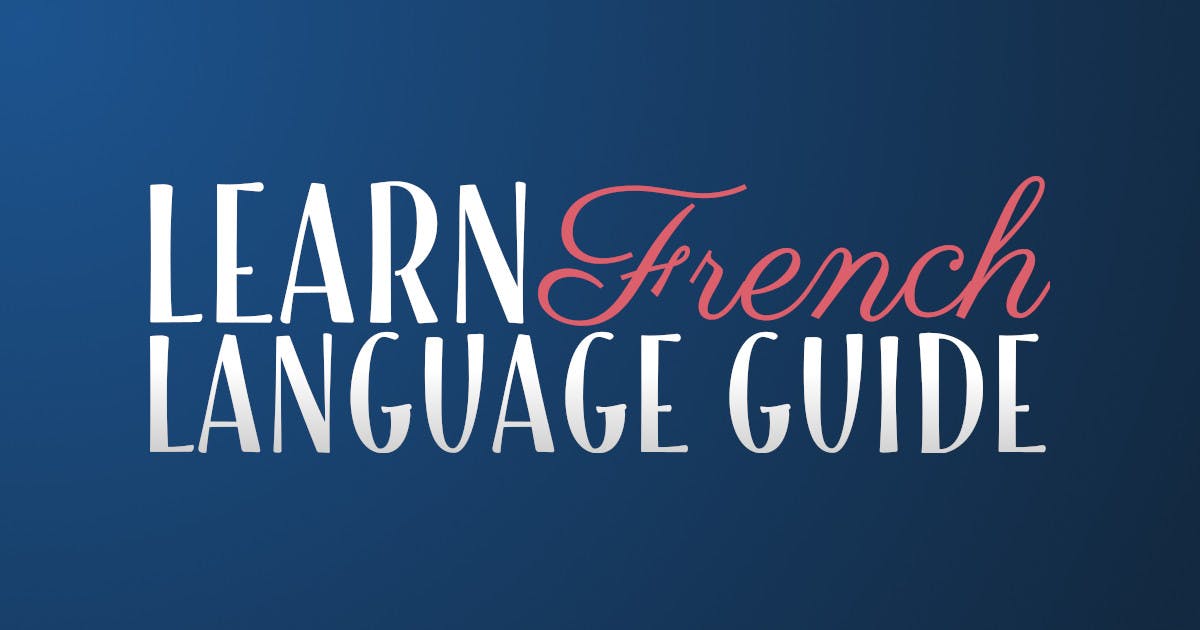French Subject Pronouns (Table With Example Sentences)
Need to know the French subject pronouns?
Before you learn other pronoun forms, the subject pronouns are the most important and first you'll use as a French student.
Read on to learn what they are and how to use them.
French subject pronouns
French subject pronouns are easy. See the table below for reference:
| English | French |
|---|---|
| I | Je |
| You (singular informal) | Tu |
| He | Il |
| She | Elle |
| It | On |
| We | Nous |
| You (plural or formal singular) | Vous |
| They (masculine or mixed group) | Ils |
| They (feminine group) | Elles |
Note that on is typically used in a similar sense to the English word "one" (for example, "one does not simply learn French"), but it can also be used to mean "we" in an informal context.
Vous is used for plural "you", but also for singular "you" in formal contexts. This could be when addressing a superior, someone you don't know well, or anyone you want to show respect to (much like usted in Spanish).
Ils is used when talking about a group of men, or a mixed group of men and women.
Elles is used when the group is entirely comprised of women.
Sample sentences in French using subject pronouns
Here are some sample sentences in French demonstrating the French subject pronouns:
Je mange.
Tu chantes.
Il court.
Elle lit.
On peut voir les étoiles.
Nous étudions.
Vous nagez.
Ils jouent.
Elles dorment.
Tu écris.
Did I miss anything?
Send me a message and let me know!

SUBSCRIBE: